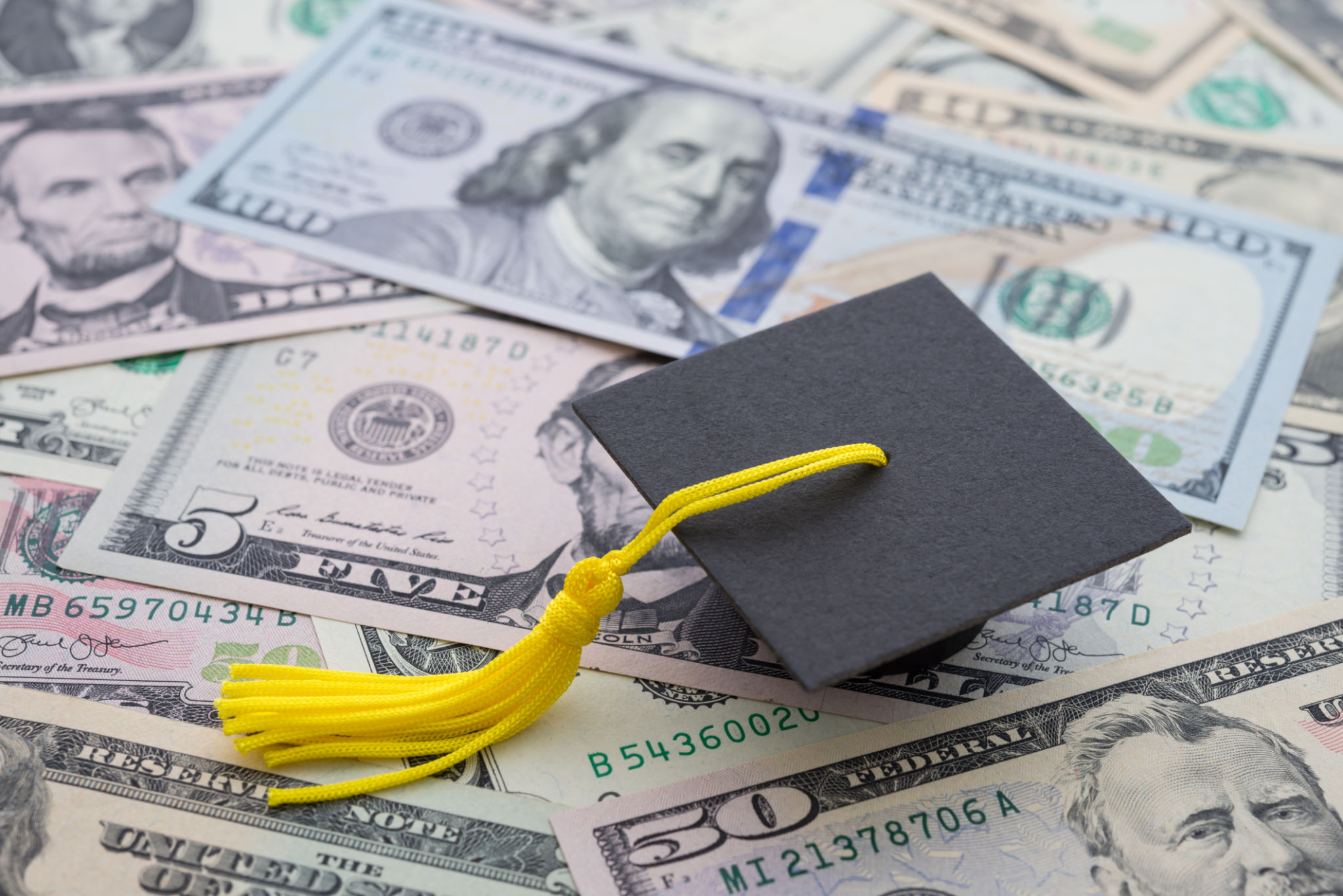Student Loan Forgiveness Programs: Are You Eligible?
Understanding Student Loan Forgiveness Programs
In recent years, student loan forgiveness programs have become a beacon of hope for many graduates burdened by educational debt. These programs offer a pathway to reduce or eliminate student loans, easing financial stress and allowing individuals to focus on their careers and personal growth. But are you eligible for these benefits? Understanding the criteria and options available is crucial.
Various student loan forgiveness programs cater to different professions and circumstances. While some are designed for public service workers, others target teachers, healthcare professionals, or graduates with specific financial challenges. Knowing which program suits your situation can make all the difference.

Types of Student Loan Forgiveness Programs
There are multiple types of student loan forgiveness programs, each with its own eligibility requirements and benefits. Here are some of the most common:
- Public Service Loan Forgiveness (PSLF): Available to government and non-profit employees, PSLF forgives the remaining balance on your Direct Loans after you have made 120 qualifying monthly payments under a qualifying repayment plan.
- Teacher Loan Forgiveness: This program is aimed at teachers who work in low-income schools. Eligible teachers can receive up to $17,500 in loan forgiveness.
- Income-Driven Repayment Plan Forgiveness: These plans adjust monthly payments based on income and family size. After making payments for 20 to 25 years, any remaining loan balance may be forgiven.
Other specialized programs exist for nurses, doctors, and military personnel. Each has unique criteria, so it's essential to research thoroughly.
Eligibility Criteria
To qualify for student loan forgiveness, you must meet specific eligibility criteria. These often include:
- Employment in a qualifying public service or non-profit role.
- Consistent monthly payments under an eligible repayment plan.
- Holding specific types of federal student loans such as Direct Loans.
For many, the process of determining eligibility can be complex and time-consuming. It’s advisable to consult with a financial advisor or use official resources like the Federal Student Aid website to clarify your status.

Application Process
The application process for student loan forgiveness varies depending on the program. Generally, it involves submitting proof of employment, payment history, and other documentation as required by the specific program guidelines.
Staying organized and keeping all necessary forms and documents updated is crucial. Many applicants find it helpful to set reminders for annual submissions or updates to prevent any lapses in eligibility.
The Impact of Loan Forgiveness
Achieving student loan forgiveness can significantly impact your financial health. By eliminating or reducing debt, you can redirect funds towards savings, investments, or other financial goals. This relief allows many individuals to pursue opportunities that may have seemed unattainable due to financial constraints.

However, it's essential to remain aware of potential tax implications associated with forgiven loans. Consulting with a tax professional can help you prepare for any changes in your financial situation.
If you're considering applying for a student loan forgiveness program, understanding your options and eligibility is the first step towards financial freedom. Don't hesitate to explore these opportunities and seek professional guidance to ensure you're making the most informed decisions.